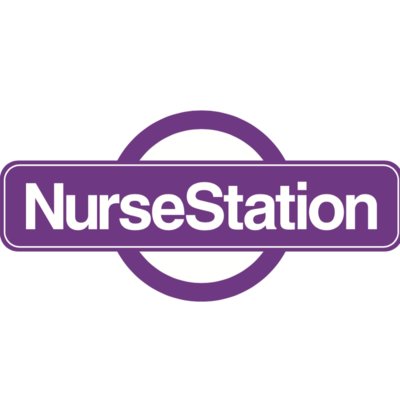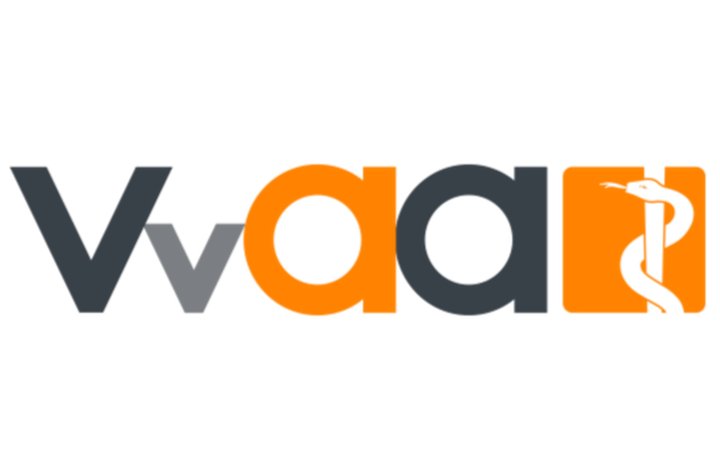Cardiff University 2018
When I found out that my university had approved overseas elective placements, I jumped at the chance. To tell you the truth, I didn’t hold out much hope of success; ‘Operating Department Practitioner’ wasn’t a well-known branch of allied health. Nevertheless, I decided to email Work the World.
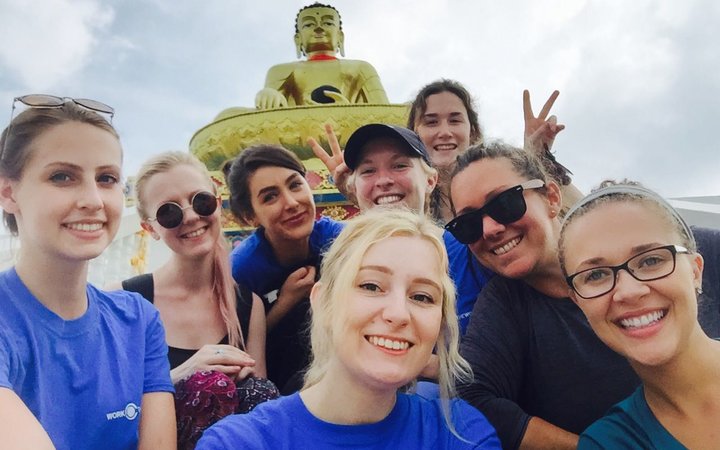
Not only did I get a phone call back, but because they have such strong relationships with their partner hospitals, they were able to offer a tailor-made elective for me. I was even more ecstatic when I saw the list of countries I could choose from.
After hours of deliberation (and many phone calls to Work the World), I chose Kathmandu in Nepal. The fantastic Work the World team were patient, completely honest and fully understood what I wanted to get from the placement. There was no pressure. With their help, my decision was fully informed. They also discussed the arrangements with my father, who was concerned about my safety and security during my placement. The Work the World team put him at ease and reassured him that my safety was their priority.
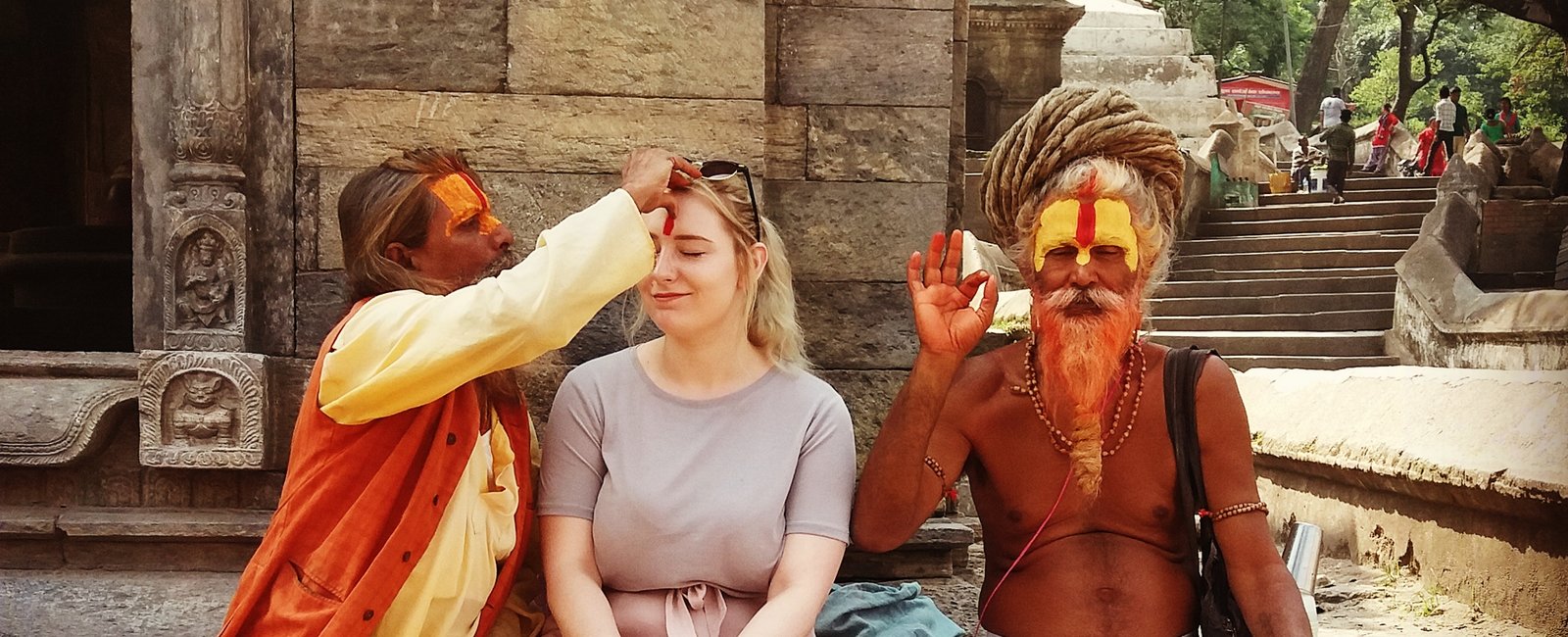
MyTrip, the online placement dashboard, was excellent. It helped me to organise everything I needed, from travel insurance to what to pack. It sent me helpful reminders when I needed to action things, which helped me to stay on track. It was extremely useful—my final year in university was stressful enough without having to remember details for my trip. MyTrip completely removed the stress of having to remember every detail, of which there were many.
Landing at the airport in Kathmandu was nerve-wracking, but as soon as I stepped outside, a member of the Work the World came over and introduced herself. Initially, I was a little overwhelmed. She sensed my discomfort right away, so explained what I was seeing and hearing, putting my mind at ease. We then travelled together to my home for the next month; the Work the World house.
As soon as I walked into the house, the other staff members and my new housemates came out to meet me.
The team gave me the grand tour of the house and showed me to my room. They were experienced and sensitive enough to know that I needed a little time alone, which really helped me settle in before my welcome briefing.
I spent my first day with some other new arrivals on a tour of Kathmandu, which is a standard part of the Work the World experience. Everything was organised; tasting the local cuisine, trying out traditional henna and taking our first tuk-tuk ride.
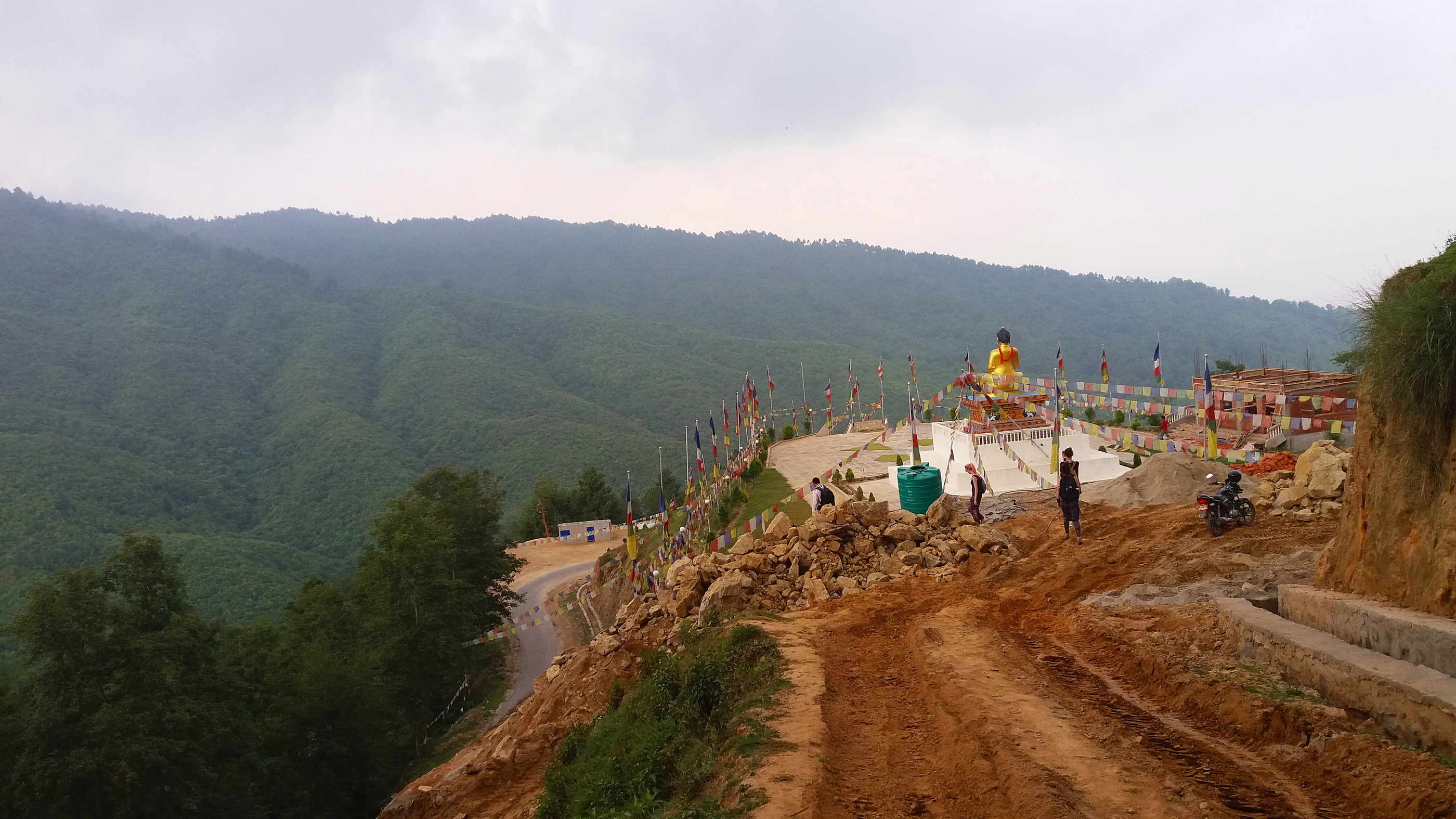
Day two was focused on introducing us to our clinical placement. The team took me on a practice run of the journey to and from the hospital, as well as showing us which bus we would need should it rain!
The team introduced me to the Professor of Education, as well as the Operating Theatre Manager and other staff I would be working with. A tour around the theatres followed. For the second time in the trip, I felt a little overwhelmed, as some of the equipment was outdated and unfamiliar. The same could be said for some of the clinical practices. But I understood that practice was different here. The conversations I’d had with Work the World during my pre-departure preparation had shown me that I was not there to judge, but rather to learn.
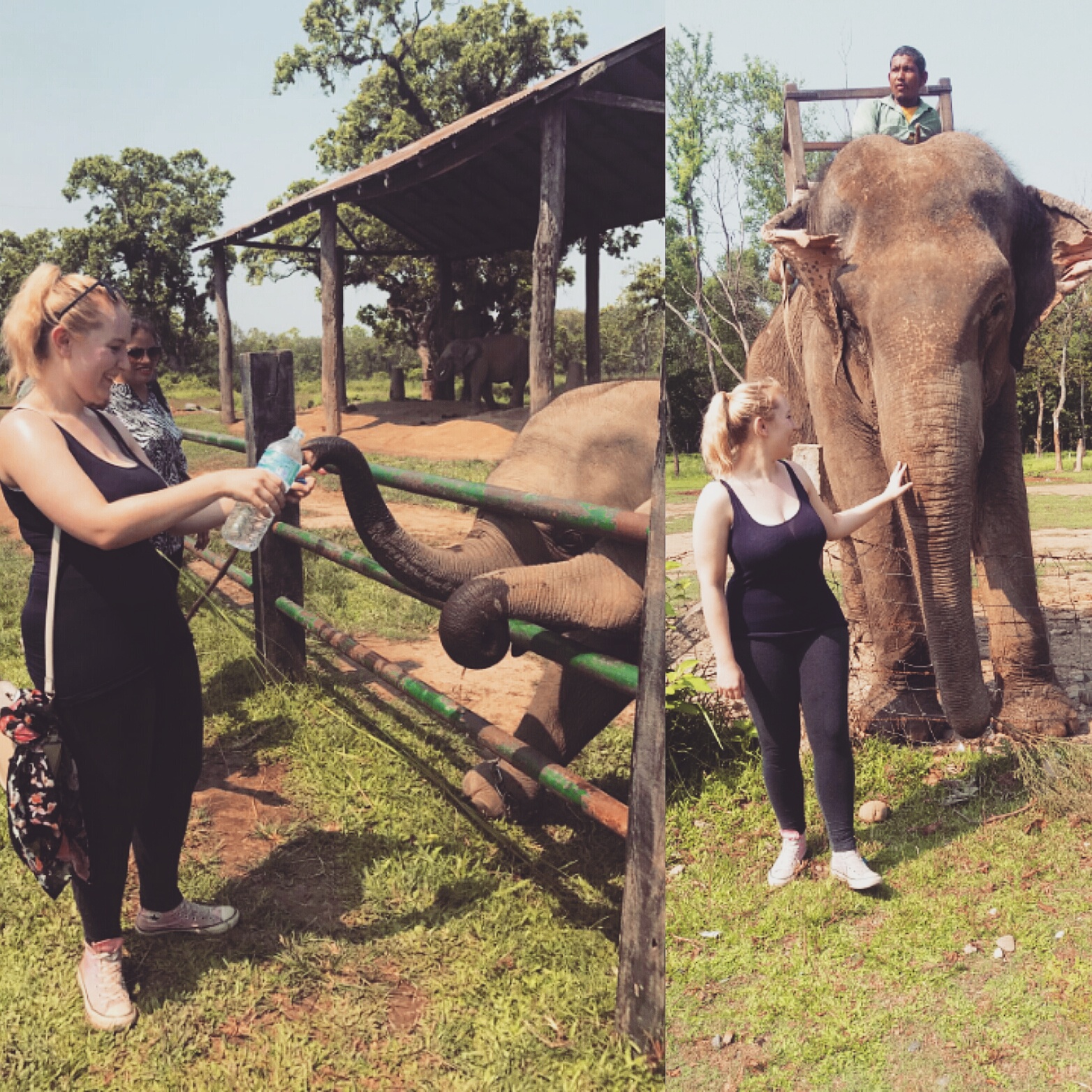
I settled into routine over the next few weeks. I became familiar with anaesthetists and surgeons who had as many questions for me as I had for them. The local nurses could not believe that I had the skills to scrub in and assist in anaesthetics and recovery. I spoke frequently with the local medical students and trainees who seemed to have a similar education as me. We exchanged knowledge and culture in relation to both anaesthetic and surgical management. Learning that only doctors are trained in life support was fascinating. They were surprised to learn that in the UK, almost all clinical disciplines knew the basic principles of CPR.
Once a week, the junior doctors put on a presentation to discuss cases and learn from them. We were often invited to sit in on them, the junior doctors making the effort to deliver their presentations in English.
I saw some horrific injuries in Kathmandu, many of which were attributed to lack of health and safety in the workplace. There were also many burns. On this point, I was shocked to see how much reconstructive surgery and trauma differed to what I was used to in the UK. I was saddened to learn that some patients would walk for days to reach the hospital, by which point severe infection had developed. I was also shocked to see patients bringing in various equipment, supplies and pharmaceuticals for their own surgeries, as they’re not free. Being invited to observe ward rounds and outpatient departments—something I had never done back home—was insightful.
I spent my final, most eye-opening week in Emergency. I saw things that you wouldn’t believe. The department was constantly busy, and, having learned that there was no primary healthcare system in Nepal, this was no surprise. There were no GP surgeries and no community pharmacists in Kathmandu. There was little education around personal health and wellbeing. If people were unwell, the Emergency Department was the first port of call.
Patients came in with a range of ailments. I saw everything from cardiac arrests, to intubations. Sometimes death. Equipment was basic and resources scarce, but doctors and nurses did the best with what they had.
I now realise that we take our own healthcare system—the NHS—for granted.
Outside of placement hours, my housemates and I spent evenings taking in the city. We had plenty of free time to explore as we pleased. Kathmandu had great nightlife. I confess that I wasn’t expecting to visit the biggest nightclub in Nepal during my trip. It was a Friday night to remember!
The Work the World team often gave us insider tips on where to go and what to do. They were always a phone call away if we ever got stuck. One highlight was taking a mountain flight to over the Himalayas and around Mount Everest.
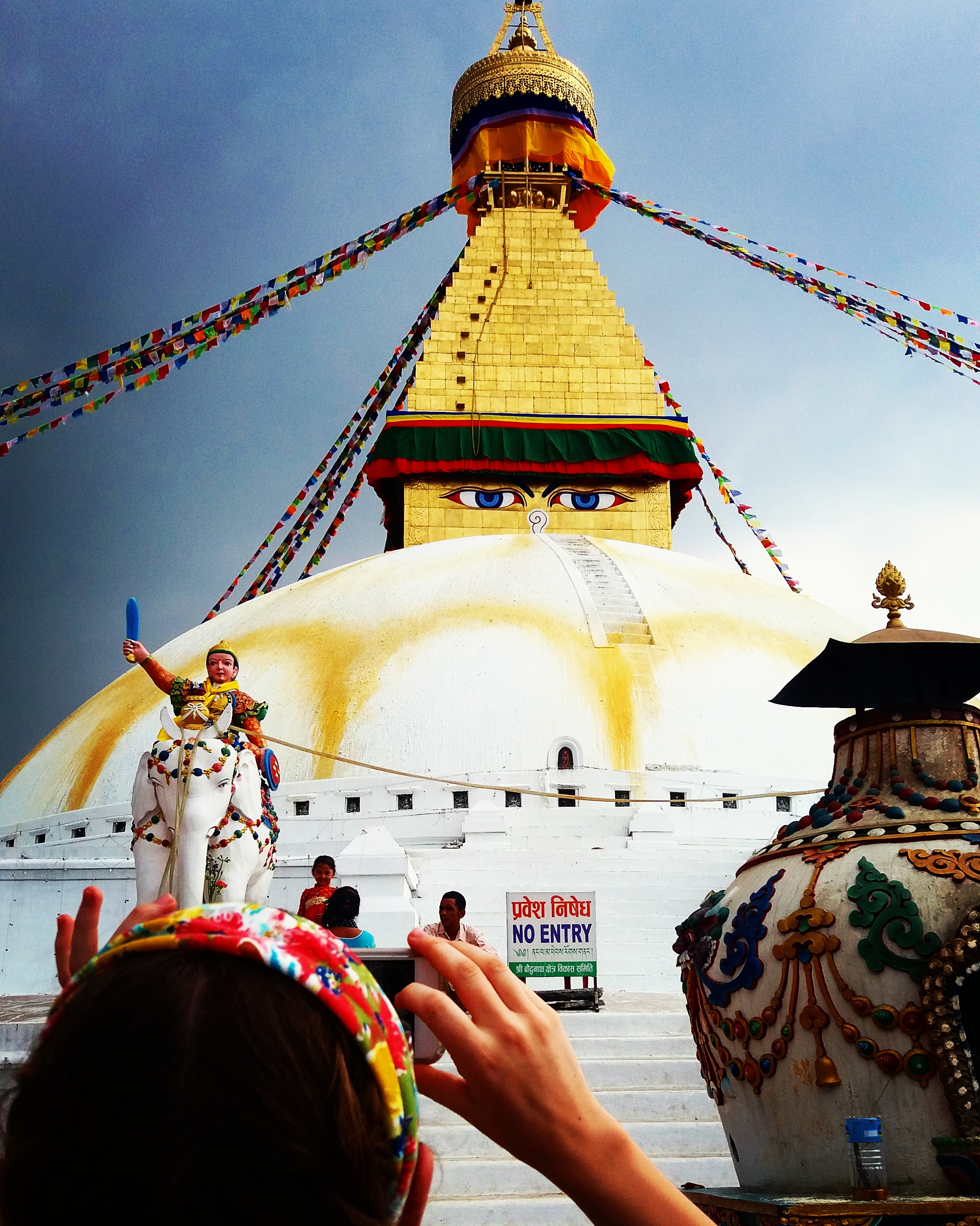
We also travelled to Chitwan Safari Park for the weekend. We fed elephants and went canoeing in a crocodile-infested river. I’ll let you imagine which we preferred.
If I were to give one piece of advice to you, if you’re considering undertaking an overseas placement, it would be ‘keep an open mind’. You’ll see things that you won’t have seen at home, some of which may be eye-opening, others may be shocking. These are the realities of low-resource healthcare, but you will take this experience and use it to help others. You will use it to develop your own practice, guide your own principles and values, and learn to appreciate the standard of healthcare you enjoy at home.
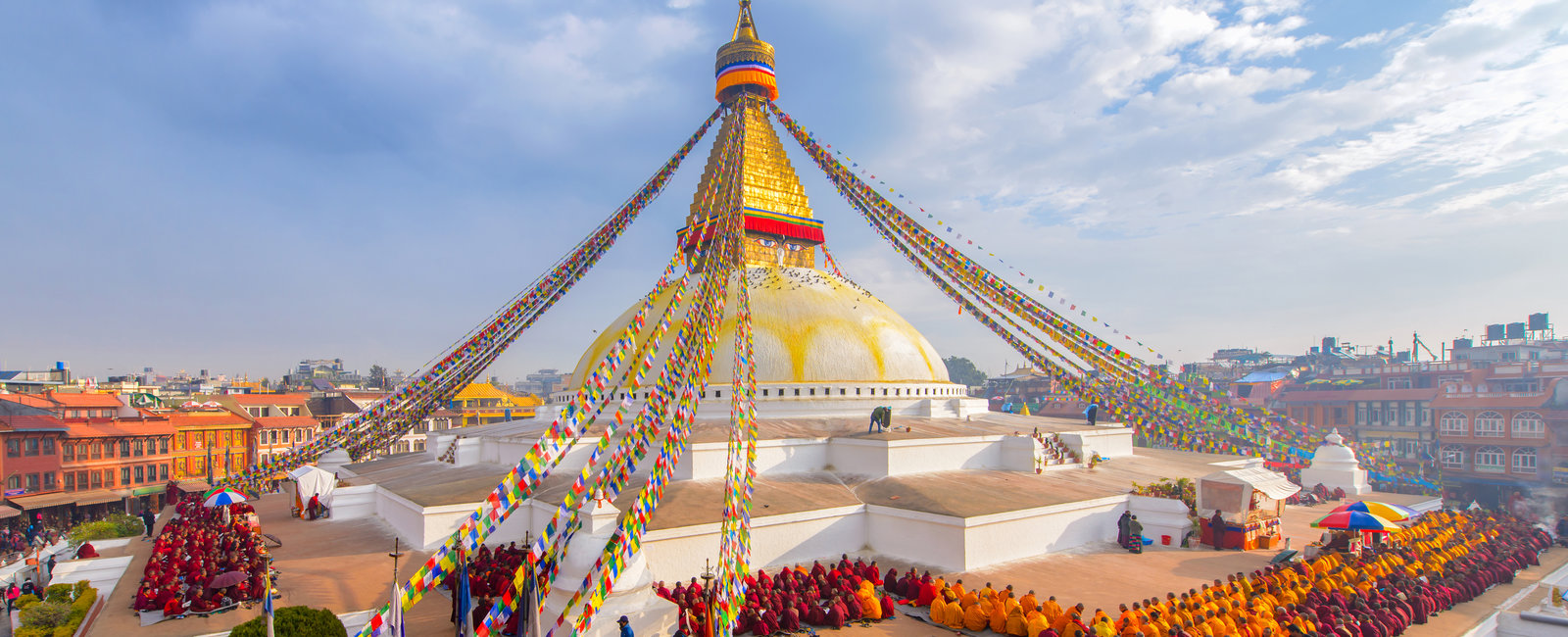
.jpeg)
